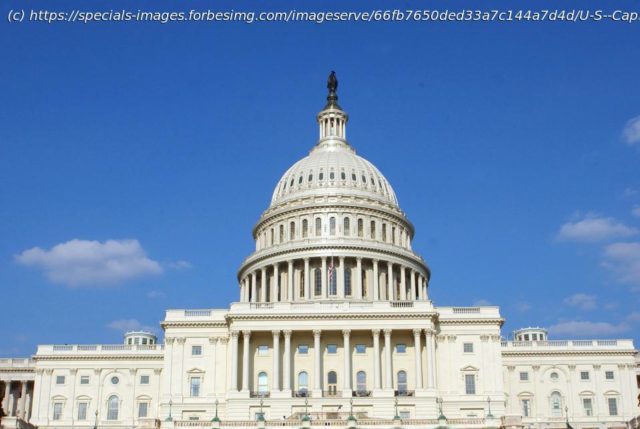The future of crypto regulation depends on Congress, not the next President. Lawmakers must act to ensure innovation while providing clarity for the digital asset space.
The national conversation around cryptocurrencies, blockchain technology, and U.S. innovation leadership has centered on the White House this election cycle. Presidential candidates Vice President Kamala Harris and former President Donald Trump have both made notable shifts regarding this emerging industry of financial technology. Harris has pivoted from President Biden’s antagonistic approach, led by the Securities and Exchange Commission (SEC) and prudential regulators, to a more pro-innovation tone focused on blockchain and digital assets. These technologies, she claims, are crucial to her “Opportunity Economy”, aimed at empowering middle-class families and small businesses.
Meanwhile, Trump, who once called bitcoin a “scam”, now vows to make the U.S. the “crypto capital of the planet” and pledges to fire SEC Chair Gary Gensler (the head of an independent agency who can only be removed for cause) on his first day in office. Although these promises grab attention, the reality is that the President’s influence over the future of digital assets is limited. It is Congress that holds the real power to shape the regulatory framework for crypto.
Congress Holds The Real Power
Congress, as the first branch of government, holds the key to determining the future of digital assets in the U.S. While presidential candidates may dominate headlines, under Article II of the Constitution, the President’s powers are limited. The President cannot unilaterally enact laws or overhaul regulations for digital assets; their role is primarily to enforce the laws passed by Congress and oversee regulatory agencies like the SEC and Commodity Futures Trading Commission (CFTC).
Executive orders, while impactful, are not laws and can be undone by future administrations. For long-term stability in the digital asset industry, Congress must pass legislation. Yet, much of the public and crypto advocates tend to focus on presidential races, overlooking Congress’s critical role in shaping the future of cryptocurrency and blockchain innovation.
The “Do-Nothing” Congress And Regulatory Bottlenecks
The current Congress has been criticized for inaction, having passed fewer than 230 bills into law during the 2023-2024 term, well below prior legislative sessions. This delay has hindered the development of a modern legal framework for digital finance, leaving regulatory agencies like the SEC to rely on outdated laws from the 1930s, ill-suited for today’s digital asset landscape.
Without clear legislation, these agencies continue to enforce old frameworks, leading to regulatory confusion, inconsistent enforcement, and stifled innovation. Democratic and Republican leaders have pledged to change this, with support from figures like House Leader Mike Johnson. However, without decisive action, the U.S. risks falling behind in global digital asset innovation.
Congress’s Crucial Role In Shaping Crypto Policy
Congress holds the unique authority to craft laws that reflect the country’s evolving needs, particularly in emerging sectors like blockchain and digital assets. The SEC operates under laws such as the Securities Act of 1933 and the Securities Exchange Act of 1934—long before the internet or digital currencies existed.






